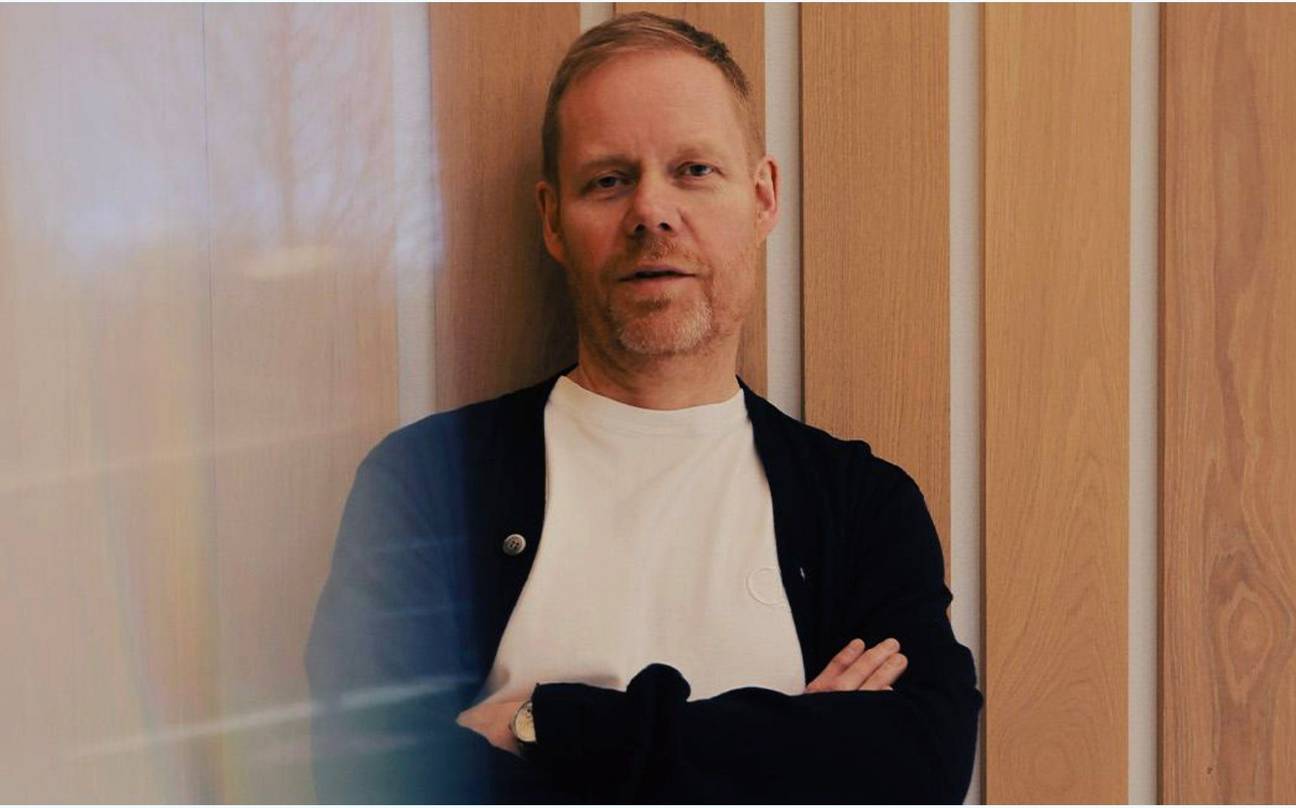He has often been imitated but never equalled! Max Richter has almost become a trademark.

©
Greenhouse Talent
Max Richter, senior brand officer of classical music
With his sleek mantra-like works, the British-German composer has somewhat single-handedly written the neo-classical canon: by making the British actress Tilda Swinton recite Franz Kafka’s Blue Octavo Notebooks, by taking control of Vivaldi’s The Four Seasons with samplers and loop machines, or by composing an eight-and-a-half hour long album to be listened to while you sleep, fittingly called Sleep.
For some, Max Richter remains nevertheless a disputed figure. Even after more than twenty years on top of the world, some purists still hate him with a passion. The simplistic progression of his meditative music would essentially be easy money in this new age of new age. What those critics seem to overlook is how Richter, in his effortless navigation between classical music language and box-office success, never betrayed his fundamentals.
(re)Discoveries
Years ago, I saw Max Richter play at the pop music festival Down the Rabbit Hole in Ewijk, the Netherlands. The audience, that was getting ready for concerts by Seasick Steve and The War on Drugs, was introduced to Bach, Vivaldi, and Beethoven. Even on his new record In a Landscape – which was released on the über-classical label Deutsche Grammophon, but still picked up by Pitchfork and Rolling Stone – his title is a wink to his role model, John Cage. Like no other, he thus swings the door wide open to further discoveries in the classical repertoire. Thanks for that, Max!
MAX RICHTER 30/11, Bozar, bozar.be
Read more about: Muziek , Max Richter , Bozar



